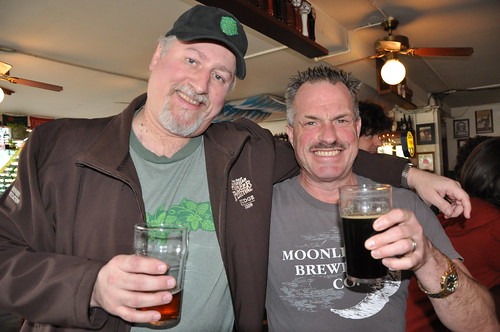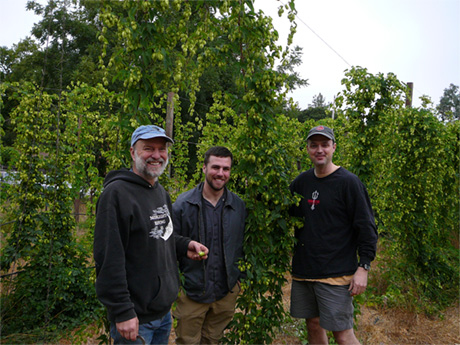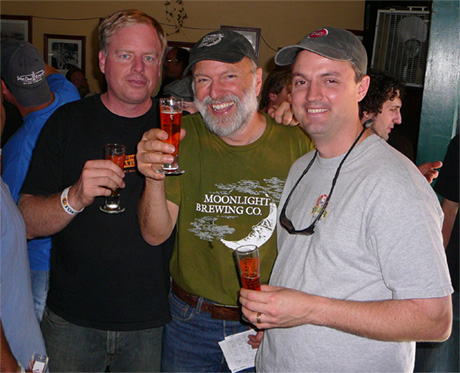
Today is also the birthday of Brian Stechschulte, former executive director of the San Francisco Brewers Guild, who then worked for Speakeasy Ales & Lagers as their Public Relations & Media Director for a time, and since late 2017 had been the Director of Marketing for Drake’s Brewing, although most recently decided to step back from working, and is living in Indianapolis, Indiana. I’m just guessing at Brian’s age, but by my reckoning he’s got to be about 45 this year. In addition to his regular work, he also wrote online at All Over Beer and Bygone Beer. Brian wa a terrific ambassador for beer and a great addition to the industry, though I think we may have lost him, at least temporarily. I think of him as a kindred spirit. Please join me in wishing Brian a very happy birthday.

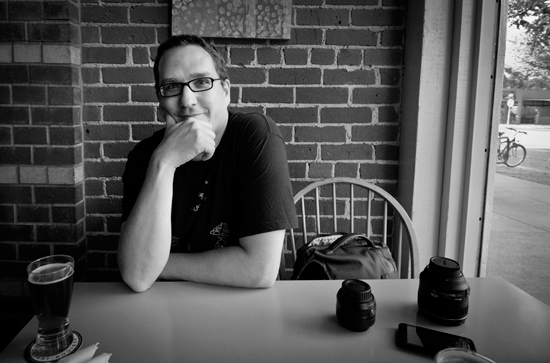
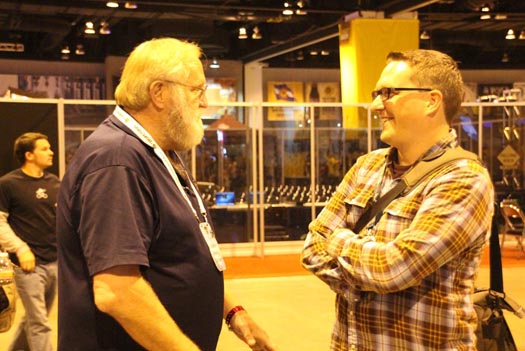
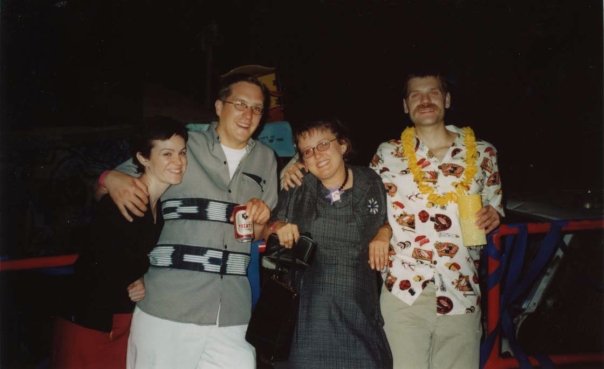




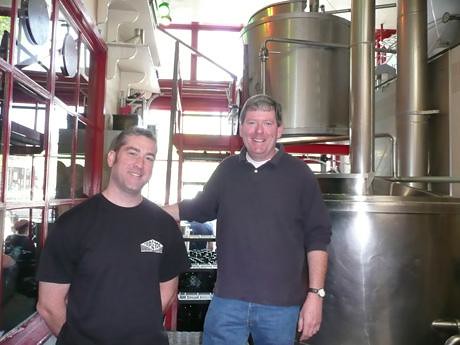
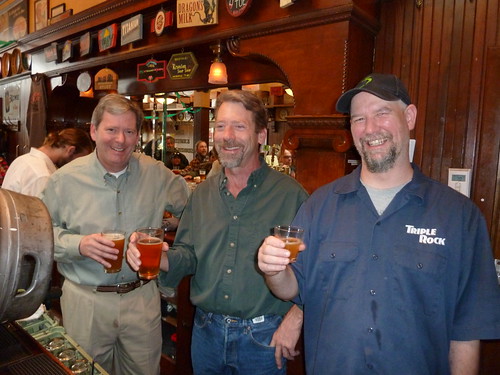

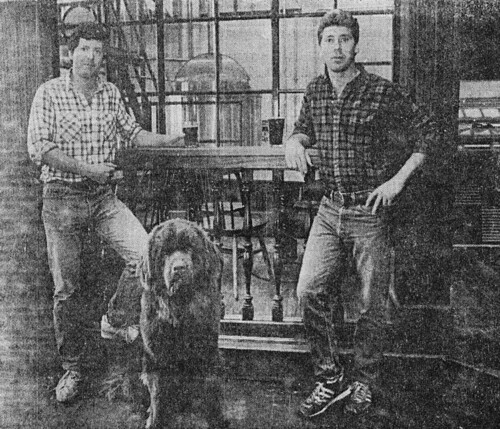

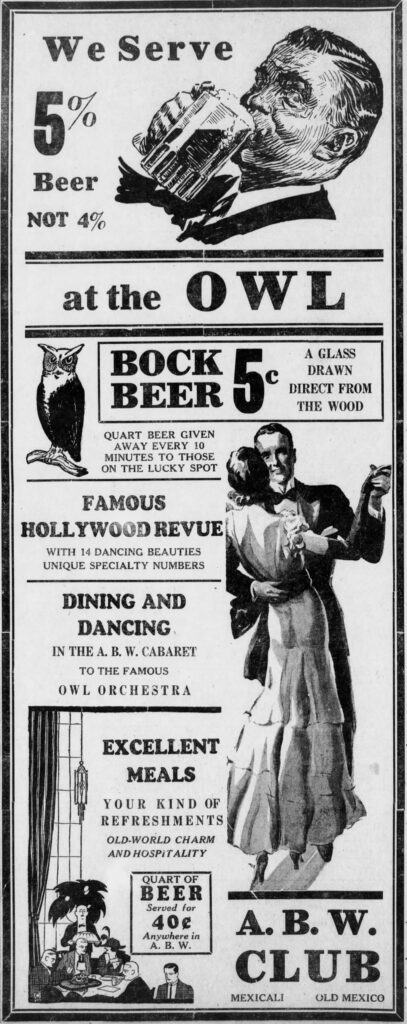









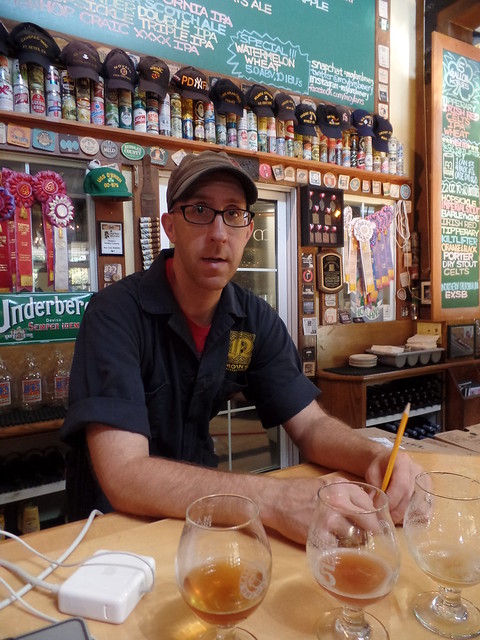

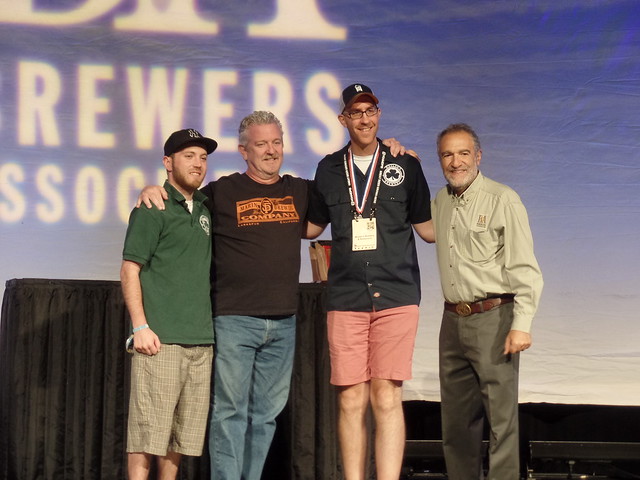
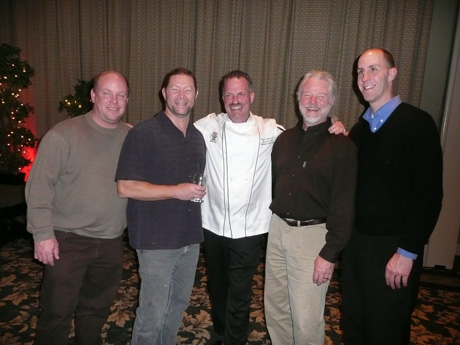

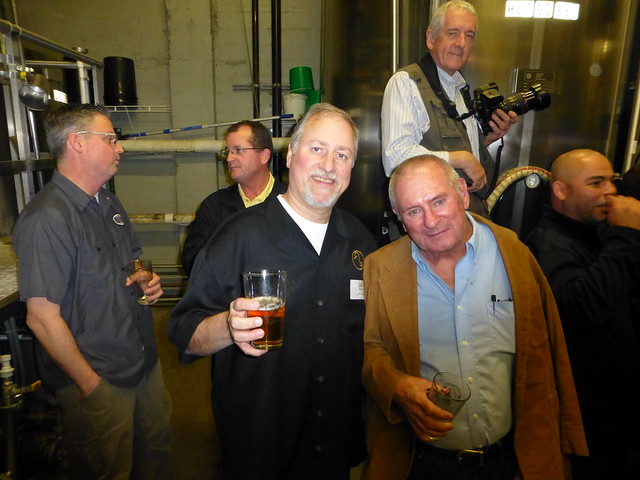
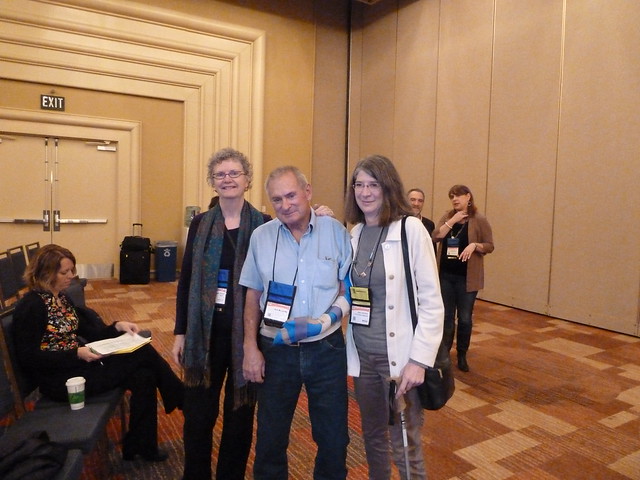
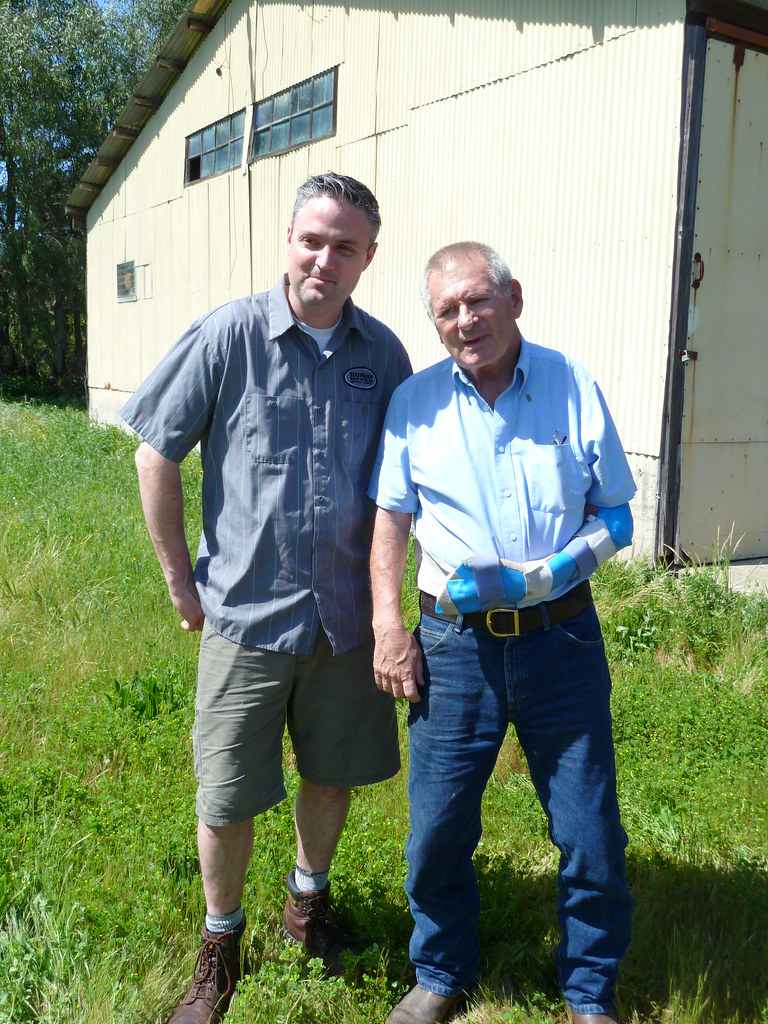
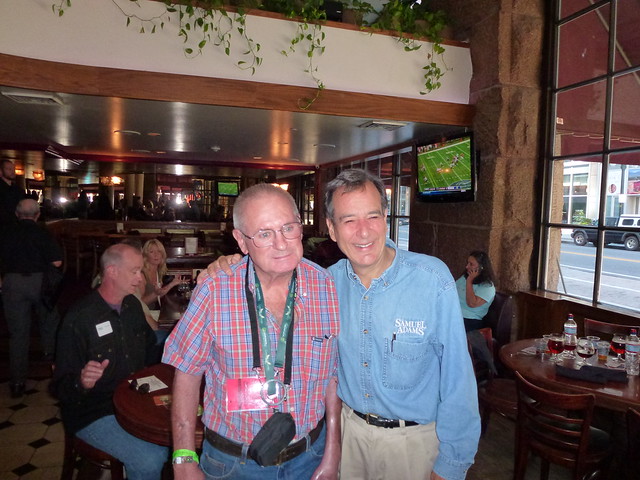

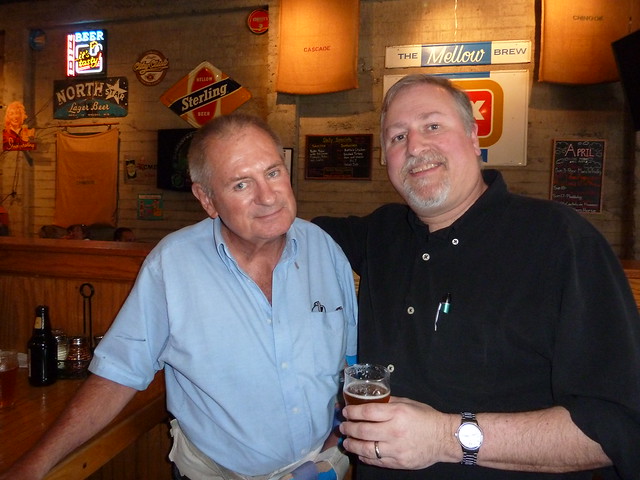






 My hands down favorite photo of Bruce, which I took for the Chef’s Association of the Pacific Coast newsletter. I don’t think this is the one they used, but, by far, as I think it captures Bruce’s spirit and his great love and passion for what he does with his cooking and beer.
My hands down favorite photo of Bruce, which I took for the Chef’s Association of the Pacific Coast newsletter. I don’t think this is the one they used, but, by far, as I think it captures Bruce’s spirit and his great love and passion for what he does with his cooking and beer.

